#Carl Dreyer
Explore tagged Tumblr posts
Text

7 notes
·
View notes
Text
'Ordet' – Carl Dreyer searches for grace on Criterion Collection
One of the most powerful and profound films about faith ever made, Carl Dreyer’s Ordet (Denmark, 1955) (which translates to “The Word”) turns a Romeo and Juliet story into a passionately spiritual drama of love and acceptance. Anders (Cay Kristiansen) and Anne (Gerda Nielsen) are young lovers in rural farming community, he the son of proud farmer Morten (Henrik Malberg), she the only daughter of…
#1955#Carl Dreyer#Cay Kristiansen#Criterion Channel#Denmark#DVD#Ejner Federspiel#Gerda Nielsen#Henrik Malberg#Ordet#Preben Lerdorff Rye
0 notes
Text

Carl Theodor Dreyer - Vampyr - (1932)
#carl theodor dreyer#directors#artists#movies#danish#movie scenes#cinematography#dark aesthetics#art#photography#gothcore#darkcore
1K notes
·
View notes
Text



VAMPYR (1932) | dir. Carl Theodor Dreyer
774 notes
·
View notes
Text




Julian West in Vampyr | 1932 | dir. Carl Theodor Dreyer
#vampyr#julian west#1930s horror#1930s movies#1932#carl theodor dreyer#classic horror#gothic horror#horrorgifs#gif#gifs#my gifs
207 notes
·
View notes
Text
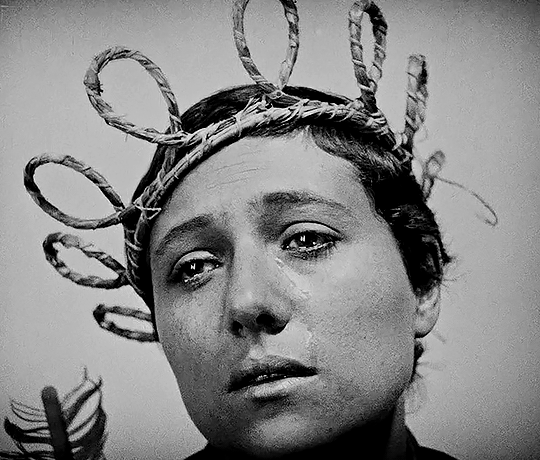

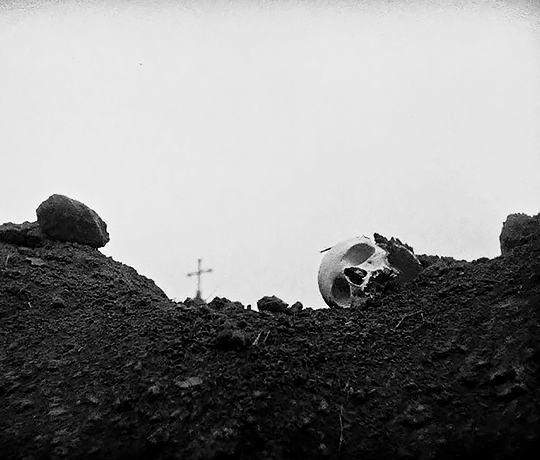
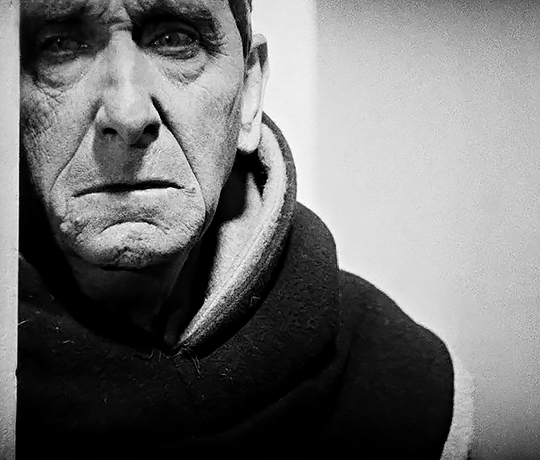
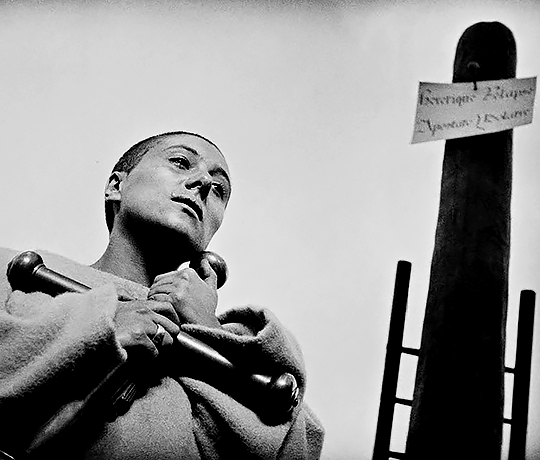
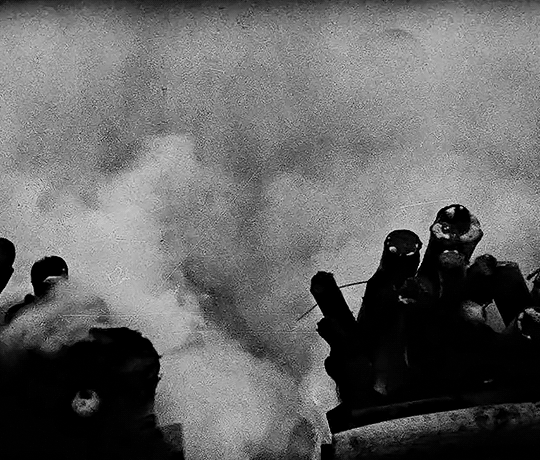
THE PASSION OF JOAN OF ARC (1928) dir. Carl Theodor Dreyer
#the passion of joan of arc#classicfilmedit#filmedit#classicfilmsource#classicfilmblr#classicfilmcentral#cinemaspast#uservintage#userfilm#userstream#filmgifs#moviegifs#cinemapix#doyouevenfilm#*mine#dailyworldcinema#dailyflicks#carl theodor dreyer#drama#classic#silent film#1920s#y: 1928#films
2K notes
·
View notes
Text





THE PASSION OF JOAN OF ARC (1928) La Passion de Jeanne d'Arc Directed by Carl Theodor Dreyer Cinematography by Rudolph Maté
#carl theodor dreyer#joan of arc#the passion of joan of arc#la passion de jeanne d'arc#filmedit#renée jeanne falconetti#maria falconetti#black and white#silentfilmedit#classicfilmsource#dailyworldcinema#filmgifs#userdeforest#userelissa#userfilm#the passion of joan of arc (1928)#gifs#lime.gif#cw: insects
262 notes
·
View notes
Text

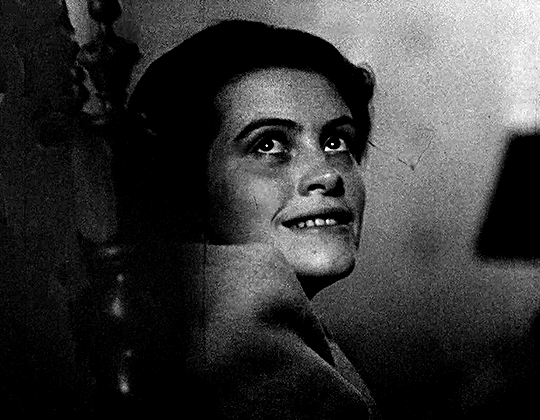
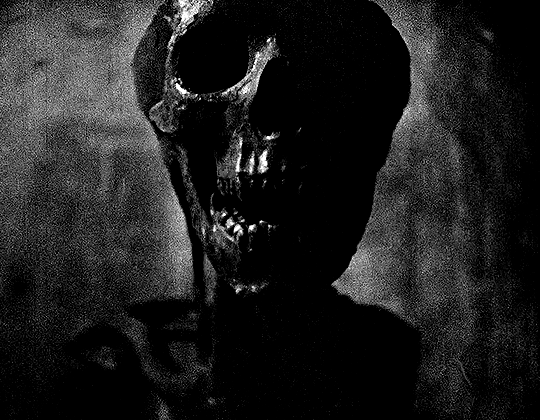
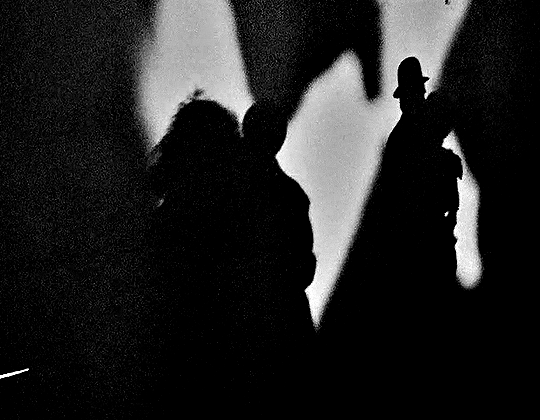
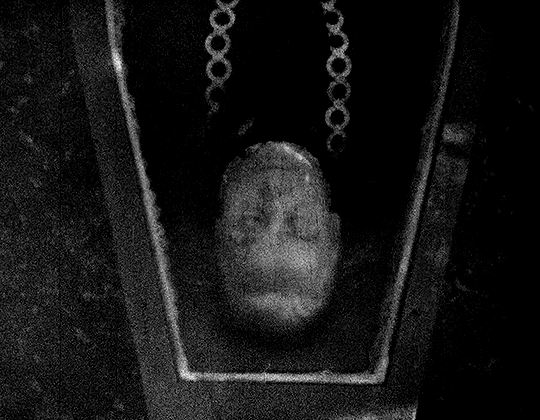
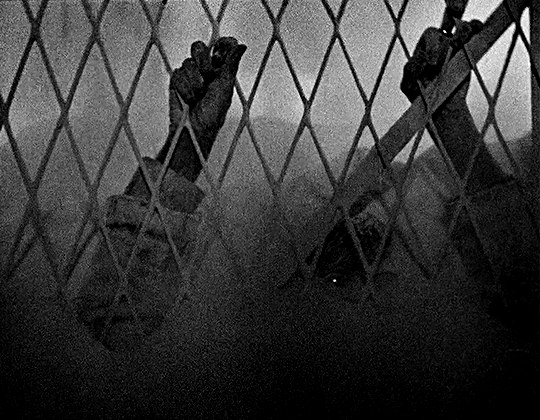
VAMPYR (1932) dir. Carl Theodor Dreyer
#vampyr#carl theodor dreyer#filmedit#horroredit#classicfilmedit#classicfilmsource#classicfilmblr#classicfilmcentral#dailyworldcinema#cinemaspast#userstream#filmdaily#filmgifs#moviegifs#myedit#userallure#userfilm#horror#30s#film
1K notes
·
View notes
Text






Favourite First-Time Watches of February :)
#movies#movie review#movie rec#letterboxd#my letterboxd#ordet#carl theodor dreyer#the beast#band of outsiders#jean luc godard#anna karina#nickel boys#salve maria#the brutalist#brady corbet#léa seydoux#films#movie#movie poster
102 notes
·
View notes
Text


Vampyr, Carl Theodor Dreyer, 1932
149 notes
·
View notes
Text

La Passion de Jeanne d' Arc 1928
Carl Theodor Dreyer
92 notes
·
View notes
Text
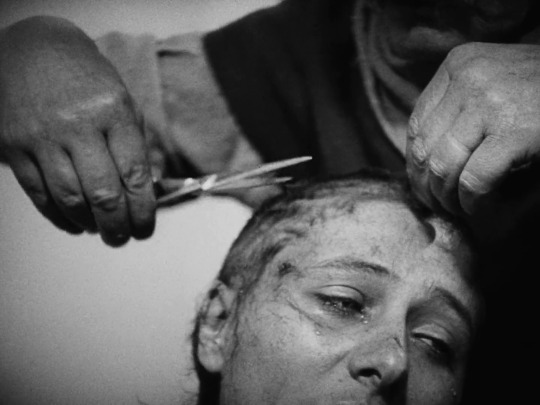

La Passion de Jeanne d'Arc (1928), dir. Carl Theodor Dreyer / Martyrs (2008), dir. Pascal Laugier
#la passion de jeanne d'arc#the passion of joan of arc#martyrs#carl theodor dreyer#pascal laugier#morjana alaoui#film#film stills#filmedit#movies#movie stills#cinema#cinephile#horror#horror movies#my posts
299 notes
·
View notes
Text

#polls#movies#vampyr#vampyr 1932#vampyr movie#30s movies#carl theodor dreyer#nicolas de gunzburg#maurice schutz#rena mandel#sybille schmitz#jan hieronimko#have you seen this movie poll
50 notes
·
View notes
Text
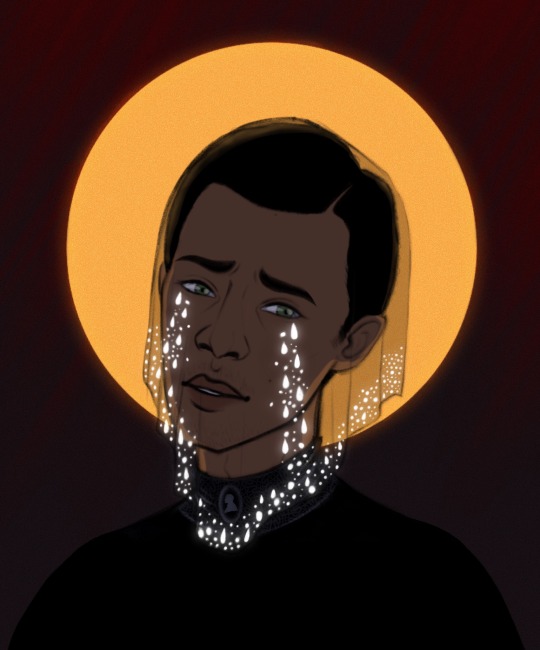
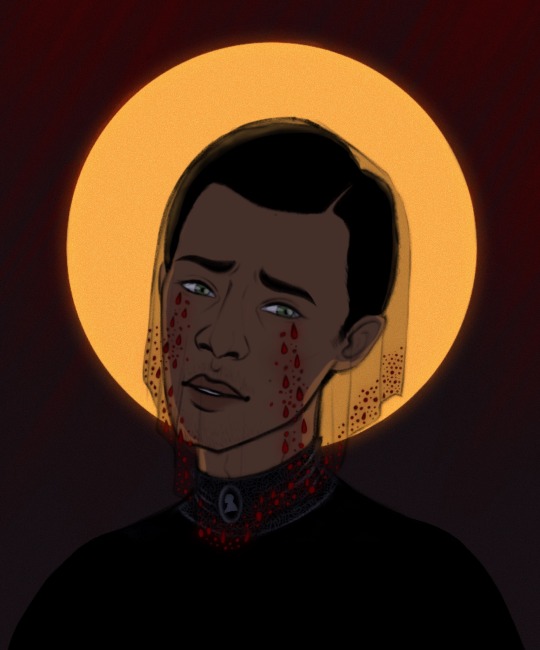
"But then he is so good at grieving! He wears woe as others wear velvet; sorrow flatters him like the light of candles; tears become him like jewels.”
(w. crystal tears and vampire tears variations) inspired by this veil
#also the image in his cameo is of paul bc i felt like losing paul kicked off a lot of louis' sorrow#it's where he starts his story in both the book and the show#my other refs for this were paintings of the virgin mary and renée falconetti's portrayal of joan of arc in the 1928 carl dreyer film#louis de pointe du lac#jacob anderson#interview with the vampire#my art#vampterview
374 notes
·
View notes










